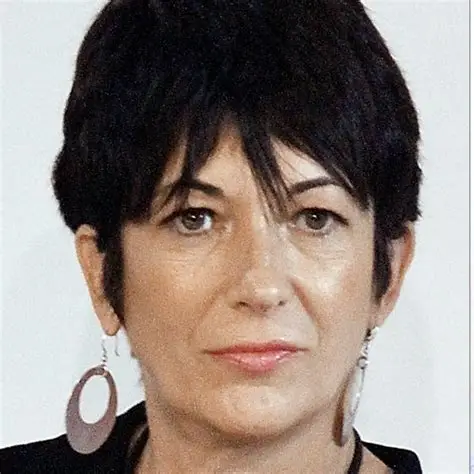The US deputy attorney general, Todd Blanche, has held a second in-person meeting with convicted sex trafficker Ghislaine Maxwell, as calls mount for full transparency over the federal investigation into the late financier Jeffrey Epstein.
Blanche met Maxwell behind closed doors on Thursday and again on Friday at the federal prosecutor’s office inside the courthouse in Tallahassee, Florida, where Maxwell is currently serving a 20 year prison sentence for her role in Epstein’s abuse network.
Maxwell’s lawyer, David Oscar Markus, confirmed that the questioning concluded on Friday afternoon. “We started this morning at 9 o’clock and wrapped just after lunch, following all-day sessions yesterday and today,” Markus told reporters outside the courthouse. “Ghislaine answered every single question asked of her. She did so honestly, truthfully, and to the best of her ability. She never invoked privilege. She never refused a question.”
Markus added that prosecutors “asked about every single, every possible thing you could imagine”.
Blanche, who had previously indicated he was reaching out to Maxwell’s team to determine whether she might possess information on others involved in crimes against victims, has not stated whether further questioning will occur. Markus, too, said it remains unclear whether these discussions would affect her case in any way, though he described Thursday’s session as “very productive”.
Maxwell, a longtime associate of Epstein, was convicted in 2021 of sex trafficking underage girls for the disgraced financier, who died by suicide in a New York jail cell in 2019 while awaiting trial.
The renewed interest in Maxwell’s knowledge comes amid growing public outrage and pressure on US president Donald Trump’s administration to release all materials related to the Epstein case. Trump, whose name appeared in Epstein’s flight logs in the 1990s, departed for Scotland on Friday for a private trip combining politics and golf. Protests are anticipated in the UK, as controversy continues to swirl around his past ties and political conduct.
When asked if Maxwell had been offered clemency in exchange for cooperation, Markus was firm: “No offer has been made.” Trump, speaking upon arrival in the UK, dismissed speculation about a pardon. “A lot of people have been asking me about pardons,” he said. “Obviously, this is no time to be talking about pardons.”
Though US attorney general Pam Bondi had earlier pledged to release materials related to Epstein’s alleged clients, the justice department reversed its stance this month, issuing a memo stating there was no evidence of a so-called “client list” or blackmail operation. However, prosecutors have since sought to unseal grand jury transcripts from prior investigations, a move partially blocked last week by US district judge Robin Rosenberg, who denied one such request.
What Maxwell legal team is doing
Meanwhile, Maxwell’s legal team is pushing for her conviction to be overturned. The US Supreme Court, currently in its summer recess, is expected in late September to consider whether it will hear her appeal. Her lawyers argue that a 2007 non-prosecution agreement reached between Epstein and federal prosecutors in Florida should have protected his associates, including Maxwell, from future charges brought in other jurisdictions.
Legal analysts say the appeal hinges on a contentious point in US law. Mitchell Epner, a former federal prosecutor, noted that the question of whether one US attorney’s plea deal binds all federal prosecutors has split opinion across the country’s appeals courts.
“There’s a legitimate disagreement among the circuits,” Epner said. “The Supreme Court may decide to step in because it’s an unresolved legal issue with serious implications.”
Markus, speaking again after Friday’s session, remained vague about what might come next but emphasised Maxwell’s willingness to talk. “We don’t know how this will play out. But this is the first time she’s ever been given the opportunity to answer questions about what happened. The truth will come out and she’s the one answering the questions.”
Despite these developments, the federal judge who oversaw Maxwell’s trial and prosecutors have maintained that she gave multiple false statements under oath and has failed to accept responsibility for her actions. Markus, however, insists otherwise: “People have questioned her honesty, which I think is just wrong.”
The Supreme Court is expected to make its decision on whether to hear Maxwell’s case later this year.



